Table of Contents
- Difference Between Immunization & Vaccination (Updated 2019)
- Vaccinations save more than 154 million lives - World Today Journal
- Indonesia is preparing to vaccinate up to 180 million people against ...
- WHO identifies priority pathogens for new vaccines development
- How Have Vaccinations Impacted Society Today? | ProVise
- Indonesia kicks off second wave of Covid-19 vaccinations | Inquirer News
- Just for STLCC Students: 0 for COVID-19 Vaccination
- Vaccines and immunization
- Indonesia: Lawmakers' families get vaccinated together with a host of ...
- Vaccination And Immunization - Similarities and Differences - CareerByWell

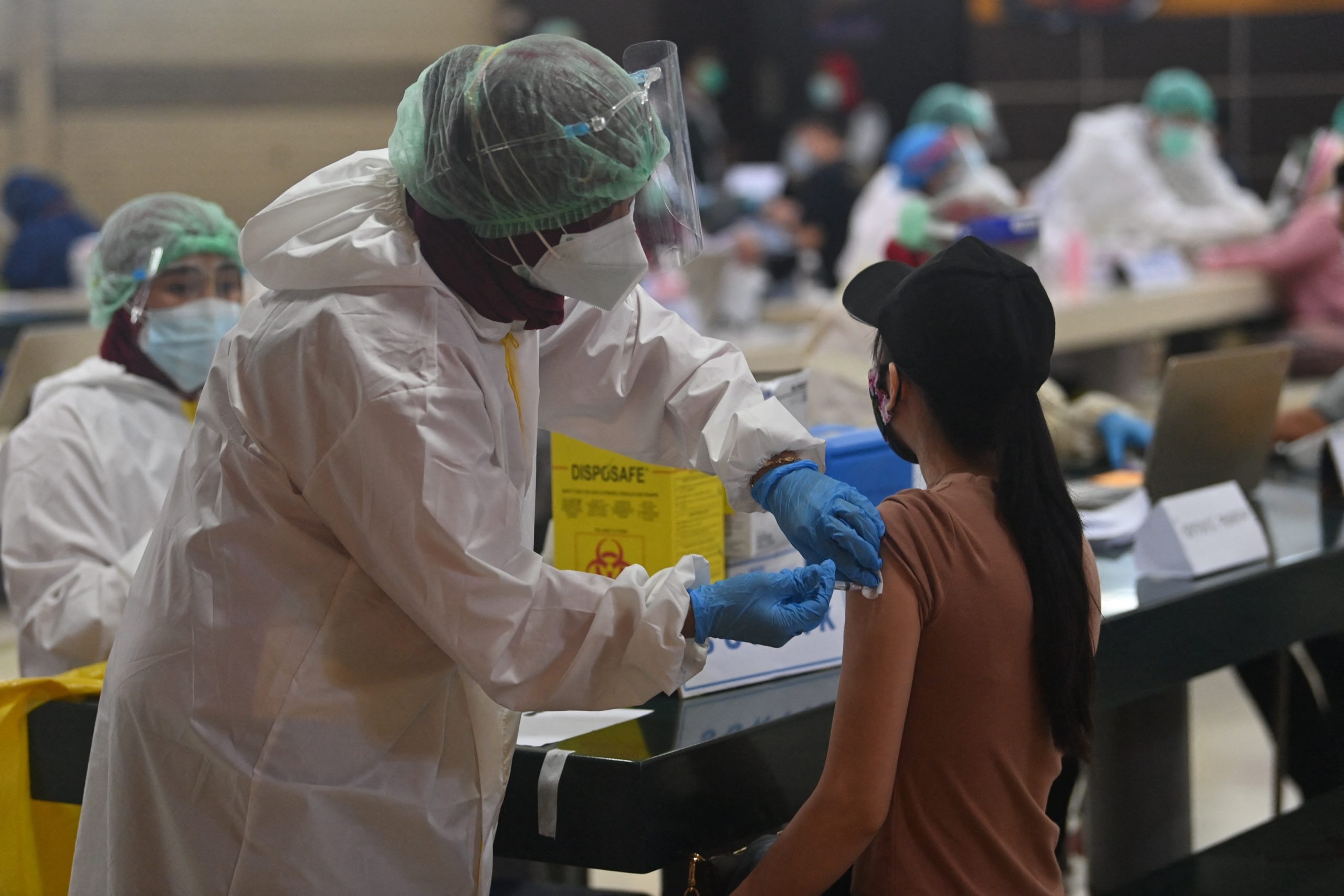
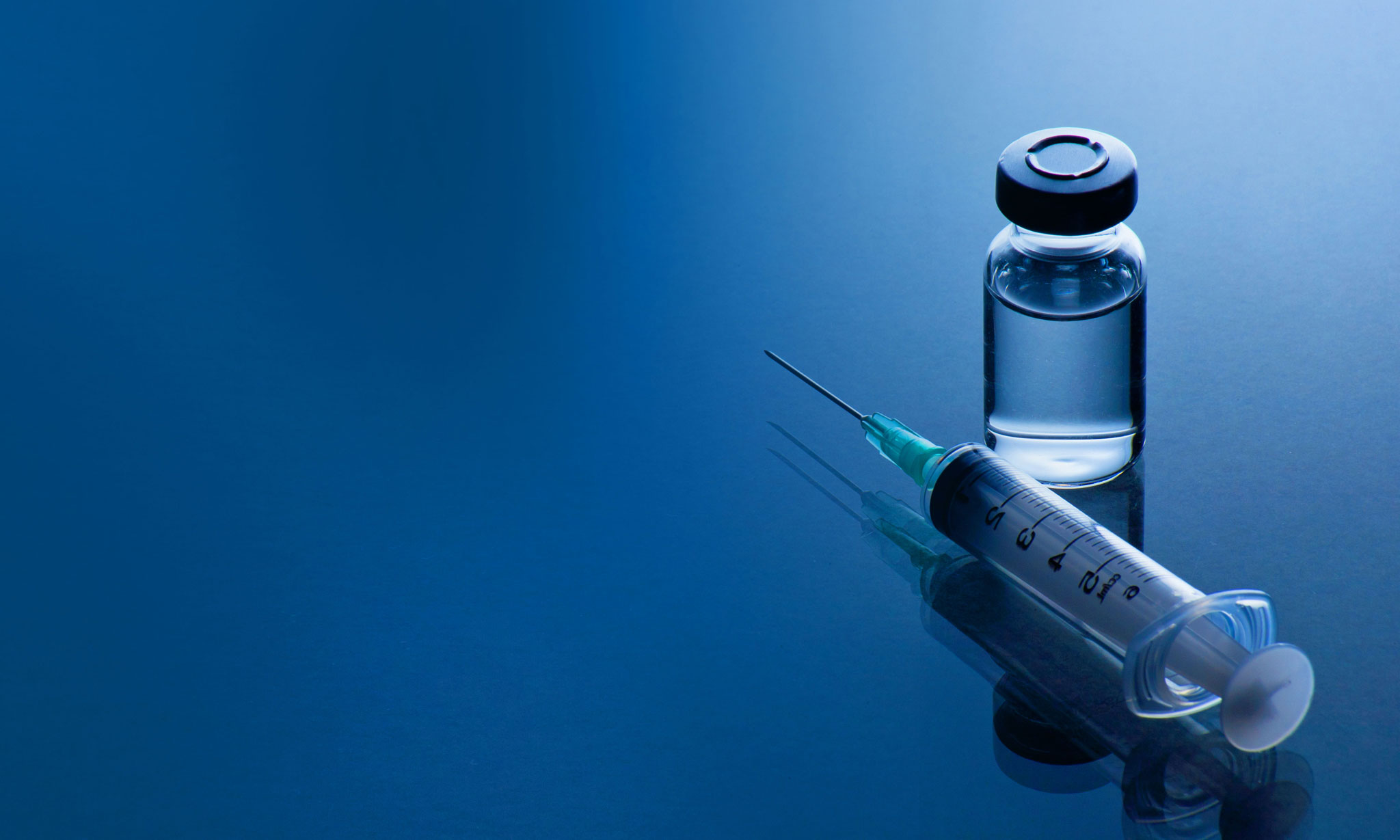
What are Vaccinations?


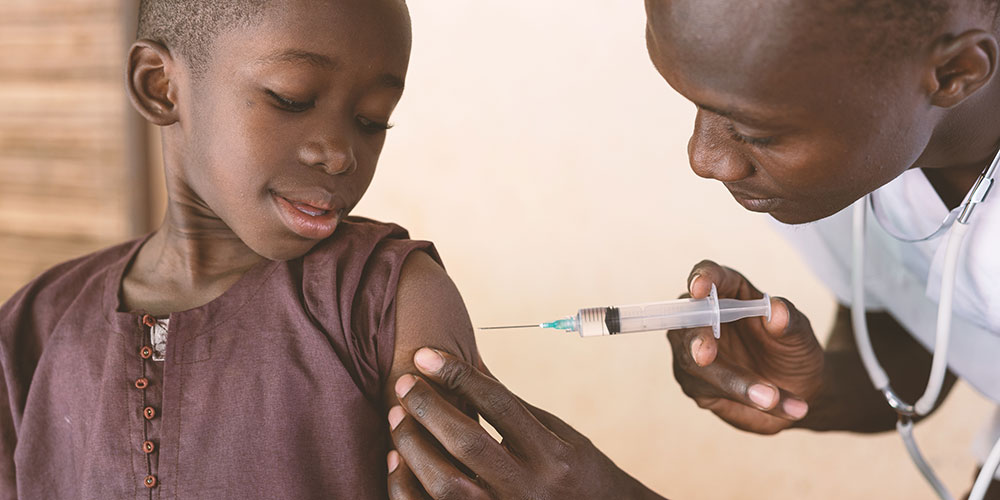
Types of Vaccinations

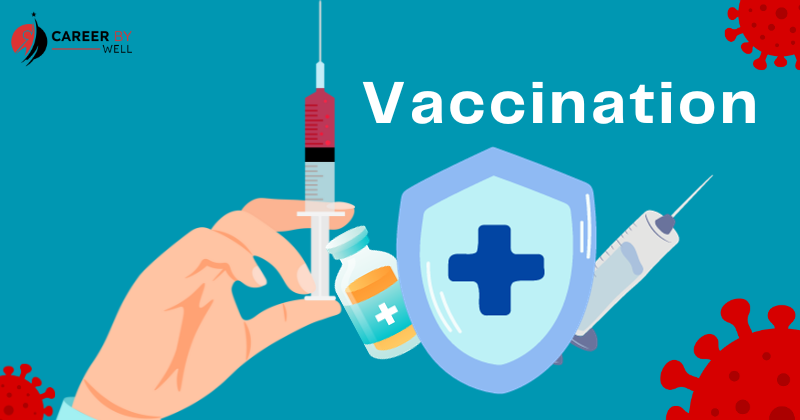
Benefits of Vaccinations
Vaccinations offer numerous benefits, including: Prevention of infectious diseases: Vaccinations can prevent the spread of diseases such as measles, mumps, and influenza. Protection of vulnerable populations: Vaccinations can protect individuals with weakened immune systems, such as the elderly and young children. Reduction of disease outbreaks: Vaccinations can reduce the risk of disease outbreaks and epidemics. Boost to herd immunity: When a sufficient percentage of a population is vaccinated, it can prevent the spread of disease and protect those who are not vaccinated.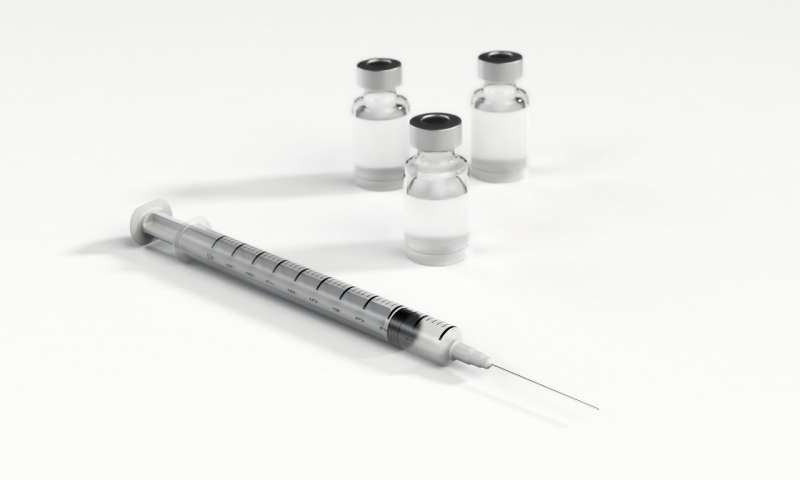
Common Vaccinations
Some common vaccinations include: Flu vaccine: Protects against influenza MMR vaccine: Protects against measles, mumps, and rubella DTaP vaccine: Protects against diphtheria, tetanus, and pertussis HPV vaccine: Protects against human papillomavirus Vaccinations are a powerful tool in the fight against infectious diseases. By understanding the different types of vaccinations, their benefits, and the common vaccinations available, you can make informed decisions about your health and the health of your loved ones. Remember, vaccinations are a crucial aspect of maintaining good health, and it's essential to stay up-to-date on recommended vaccinations to protect yourself and your community.For more information on vaccinations, visit Healthline, a trusted online resource for health and wellness information.
Note: The article is optimized for SEO with relevant keywords, meta titles, and descriptions. The HTML format is used to structure the content, and the headings and subheadings are used to break up the content and improve readability. The article is approximately 500 words and provides a comprehensive guide to vaccinations.